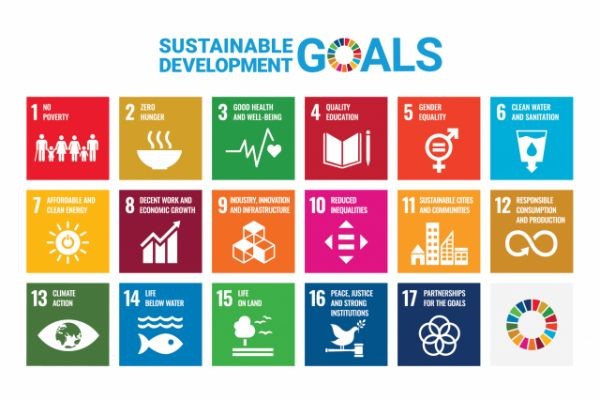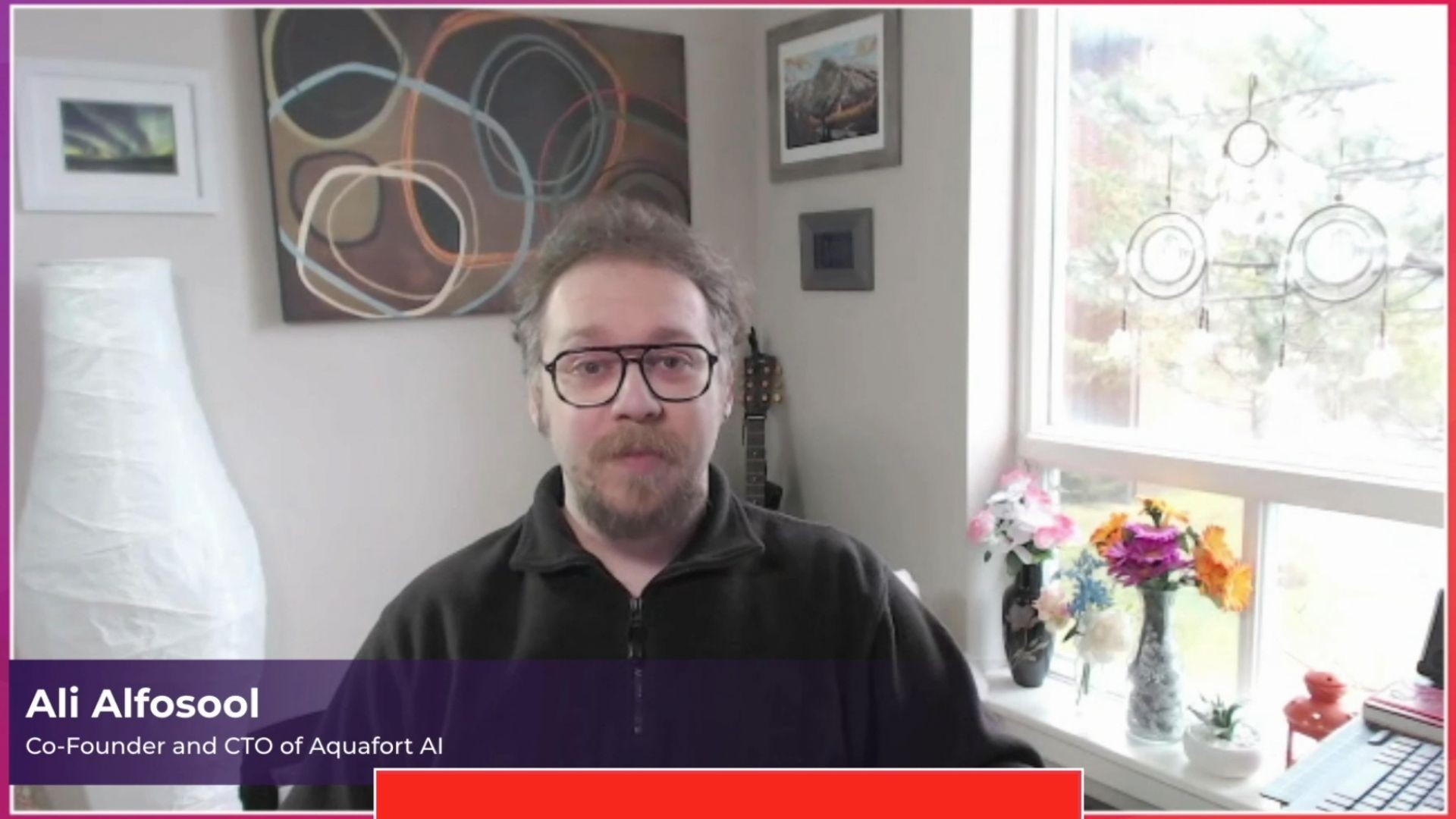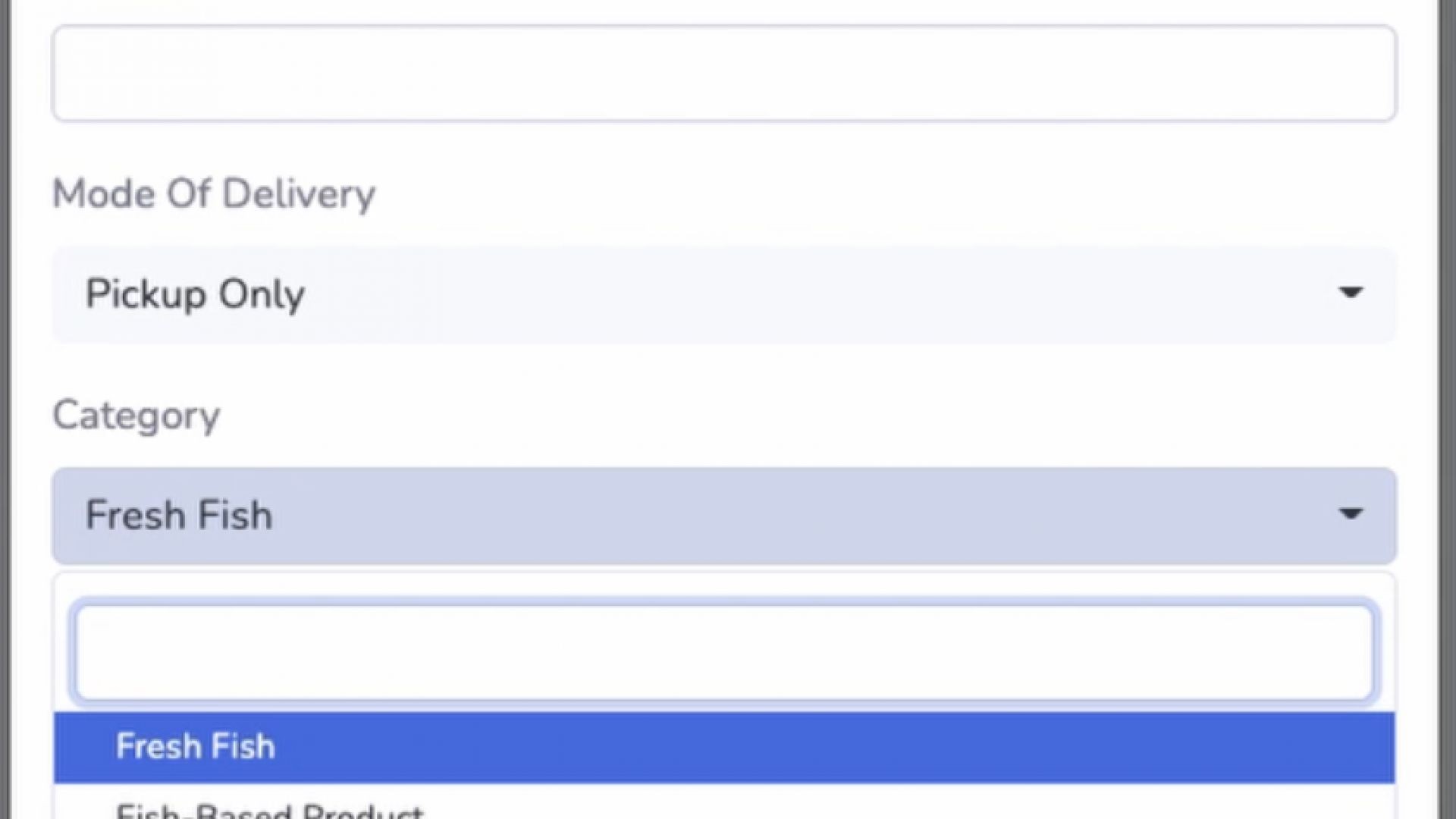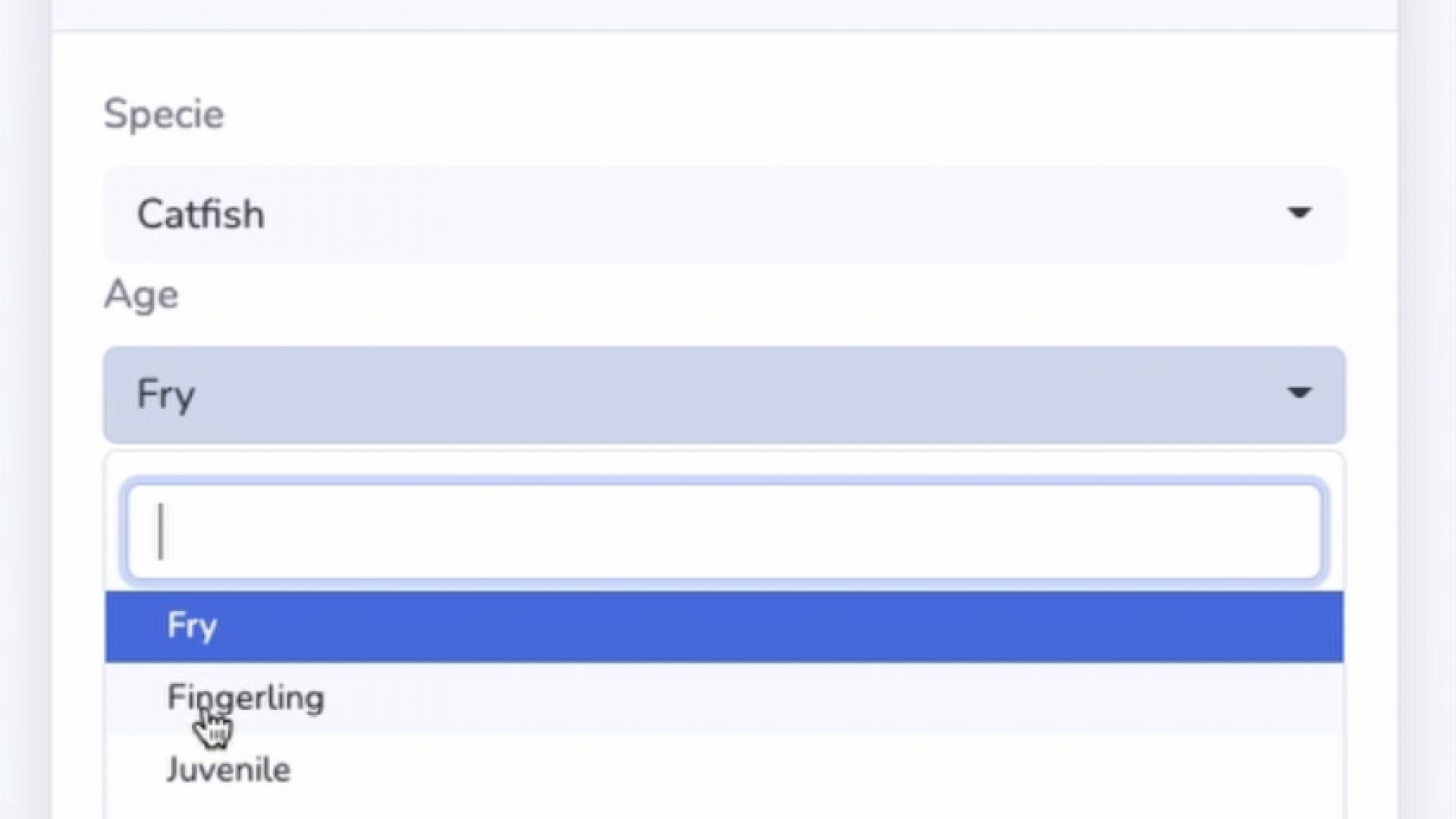The United Nations’ Sustainable Development Goals (SDG) provides an opportunity to bring the countries and citizens of the world together to embark on a new path to improve the lives of people everywhere, globally. Aquaculture has the potential to achieve many of these SDGs if it is managed sustainability and responsibility, such as:
1 (End Poverty) – contributes to improve socioeconomic status in coastal and rural communities and reduce poverty
2 (End Hunger) – its fast-growing sector is vital for achieving food security and reduce hunger
8 (Growth, Employment) – its potential to promote economy and employment for the society
12 (Sustainable Production and Consumption) – its ability to offer responsible and sustainable production as well as consumption
13 (Climate Change) – helps address climate change through reducing carbon dioxide in the atmosphere
14 (Conservation and Sustainable Use of Marine Resources) – its potential to replenish the currently depleting fish populations and fish exploitation globally
According to EIT Food (2021), the United Nations has identified three pillars of sustainability that have potential contribution to the aquaculture development and management:
Economic: aquaculture must be a viable business opportunity with a positive long-term outlook
Social: Aquaculture must be socially responsible and contribute to community health and well-being
Environmental: aquaculture should not create significant disruption to the ecosystem or be responsible for the loss of biodiversity or significant pollution impact
Reference:
EIT Food (Aug. 17, 2021). Can sustainable aquaculture help to achieve the UN SDGs?. Retrieved Feb 02, 2022 from https://www.eitfood.eu/blog/post/can-sustainable-aquaculture-help-to-achieve-the-un-sdgs








